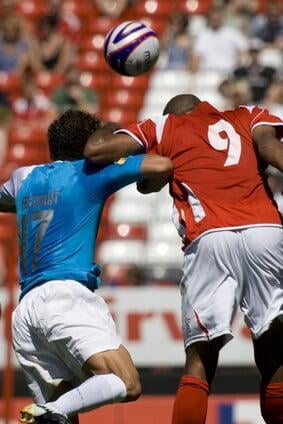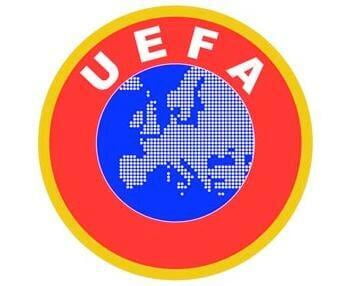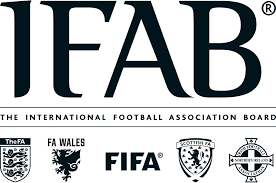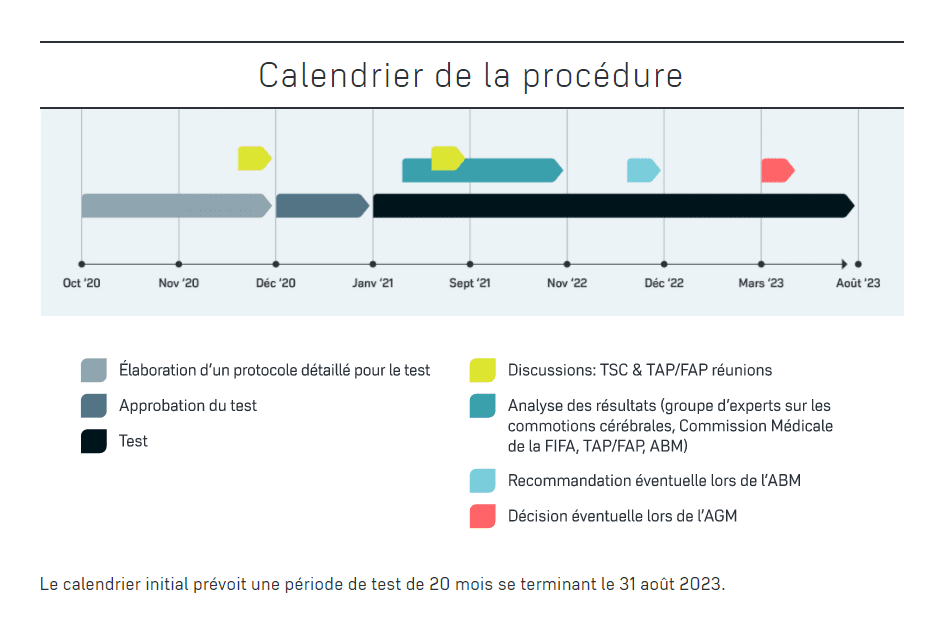Since January 1, 2021, the International Football Association Board ("IFAB") has been offering protocols to protect the football player who has suffered a concussion without numerically disadvantage his team and is experimenting with the possibility of an additional permanent replacement.
Inviting any interested federation to participate, lIFAB has developed two test protocols (I), which have been implemented both by FIFA and UEFA internationally (II) and by Ligue 1 in France (III).
Concussion during a football match: 2 protocols tested by the IFAB
During his annual working session held on December 16, 2020, the IFAB Board of Directors approved thetemporary amendment to Football Law No. 3 - relating to "Players" in order to set up tests of "concussion substitutes" Additional permanent staff in the event of a potential or proven concussion.
Several goals are posted by the football rules regulatory body:
- Prevent the same player from sustaining a second concussion in the same match, which can be fatal (second impact syndrome);
- Send a strong message about priority of protecting the player's health by taking him out even when in doubt ;
- Allow replacement preventing teams that prioritize the well-being of their players from being shorthanded and tactically disadvantaged;
- Facilitate the work of the medical team who can thus make his decision in a more serene way;
- Facilitate the implementation of protocols at all levels of football, especially at the lower levels, where there are often no doctors or qualified medical staff.
What is IFAB?
"The IFAB is made up of the four British football associations (England, Scotland, Wales and Northern Ireland), which each have one vote, and FIFA (representing the remaining 207 associations), which has four votes. This composition guarantees management of the Laws of the Game in accordance with the traditions of football and the different national realities. Approval of a motion requires a three-quarters majority."
Protocol A
- Each team is authorized to use only one "concussion substitute" in a game.
- The use of this "concussion replacement" is possible regardless of the number of replacements already used.
- In competitions where the number of substitutes on the starting list is equivalent to the maximum number of 'normal' substitutions possible, the 'concussion substitute' may be a player substituted earlier in the match.
Protocol B
- Each team can use one maximum of two “concussion substitutes” during a game.
- The use of this "concussion replacement" is possible regardless of the number of replacements already used.
- In competitions where the number of substitutes on the starting list is equivalent to the maximum number of "normal" substitutions possible, the "concussion substitute" and the corresponding additional substitute within the opposing team (see below ) may be players substituted earlier in the match.
- As soon as a team uses a "concussion substitute", the opposing team is free to make an additional substitution.
The replacement of the football player for concussion
FIFA and UEFA take part in the IFAB experiment on the replacement of the football player for concussion
FIFA: the choice of Protocol A
UEFA: the choice of Protocol A
In France, the transposition of protocol A for Ligue 1 and Ligue 2
"(...) The National Federal Doctor and the Medical Department of the FFF, together with the LFP, have decided to retain IFAB Protocol A as part of this experiment, while maintaining the protocol provided for in article 588 of the LFP regulations (...)."










